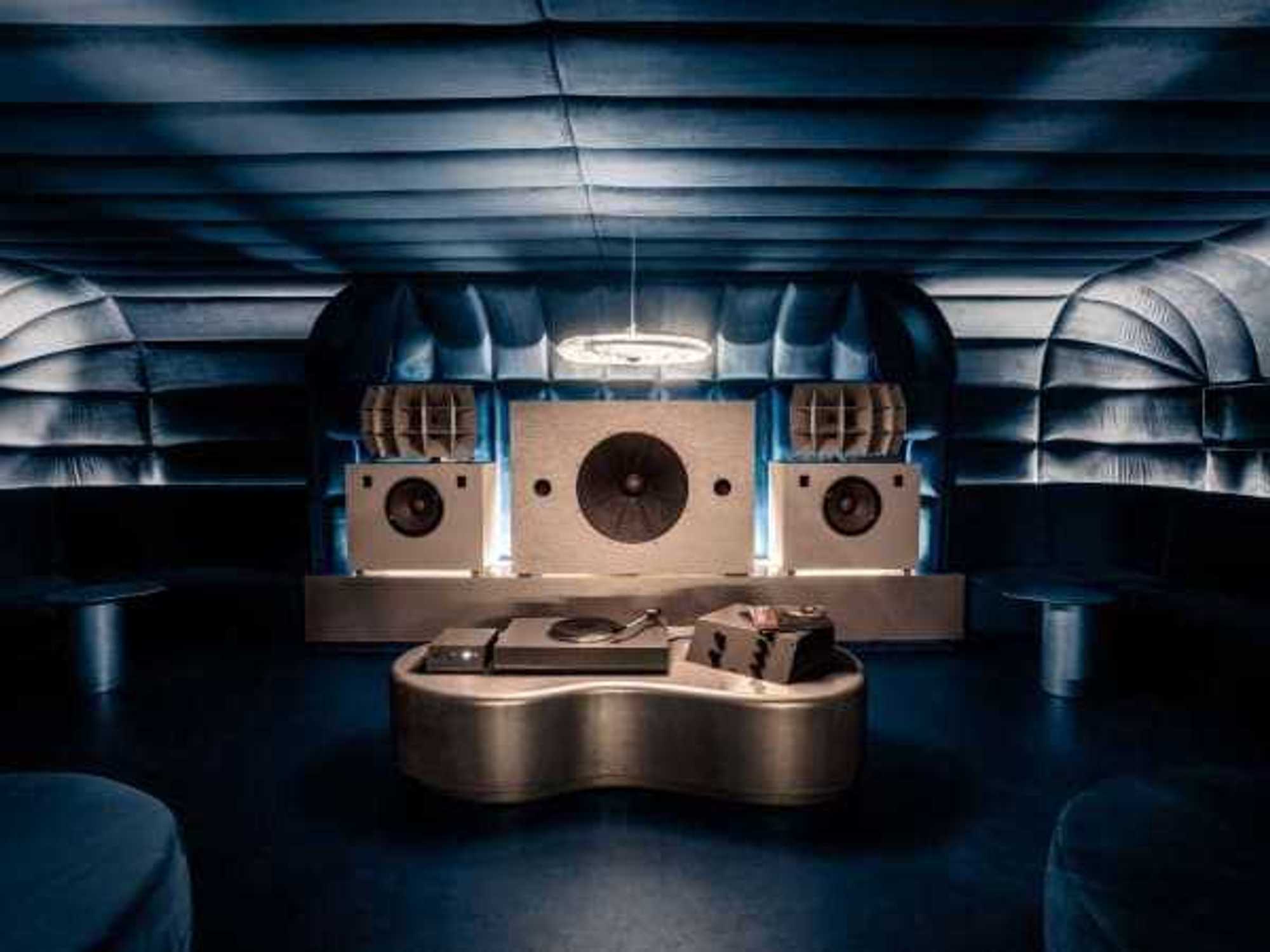True Hollywood Story
Star-studded Decoding Annie Parker is a labor of love that barely made it to thebig screen
 Helen Hunt plays geneticist Mary Claire King in Decoding Annie Parker.
Helen Hunt plays geneticist Mary Claire King in Decoding Annie Parker. Hunt leads a star-studded cast in Decoding Annie Parker.
Hunt leads a star-studded cast in Decoding Annie Parker. Behind the scenes at Decoding Annie Parker.
Behind the scenes at Decoding Annie Parker. Executive director Johnathan Brownlee was the first to sign on to the project.He lives in Dallas with his wife, Anne.Photo by Robert Bostick
Executive director Johnathan Brownlee was the first to sign on to the project.He lives in Dallas with his wife, Anne.Photo by Robert Bostick
If the goal of art is to imitate life, then the production of Decoding Annie Parker makes the grade as well as the indie film does.
First-time director Steven Bernstein explores two parallel story lines: that of Annie Parker, a woman diagnosed with breast cancer, and that of Mary Claire King, the geneticist who discovers a link between DNA and breast cancer.
Parker, a Toronto native who lost her sister, mother, and father to breast cancer, has had around 30 operations in her own battle against the disease. Before science could prove there was a genetic link to breast cancer, the BRCA1 gene, Parker believed there was a connection. Meanwhile, King was struggling to get funding in America for studies about a genetic predisposition to cancer.
When he was handed the original script in the early 2000s, Dallas-based executive producer Johnathan Brownlee knew there was something there. But it needed considerable work.
Starring Helen Hunt as King and Samantha Morton as Parker, the film is a gripping tale of determination and desperation. Fittingly, those words also describe the process of making the film.
“Who wants to be in a film about breast cancer that has no money?” Bernstein says. “It’s not the first thing people go for.”
Dallas-based executive producer Johnathan Brownlee was one of the first people to sign on and bring funding to the project. As a movie producer, Brownlee gets suckered into reading his fair share of unsolicited scripts.
“I’d estimate I average about a script a day, and nine out of 10 are generally not very good,” Brownlee says.
When he was handed the original script for Decoding Annie Parker back in the early 2000s, Brownlee knew there was something there. But it needed considerable work.
Dr. Michael Moss wrote the film’s first script and continued to be involved as a special consultant to Bernstein. However, Bernstein rewrote the script with his son, Adam. Bernstein has been in the movie business for 27 years as a cinematographer and writer, but this is his directorial debut.
Once in California, the film took on a new life. First-time director Steven Bernstein marveled as bigger and bigger stars signed on to the project, including Helen Hunt.
“You get to a time in your career where you wonder if you are doing something important, or that matters,” Bernstein says. “As much as I loved being a cinematographer, this was something I felt I had to do. I had to take this risk or else I would always regret not making the move up to director.”
Parker is grateful that Bernstein made the leap to director and feels he has gone above and beyond for the sake of the film.
“He has dedicated five years of his life to Decoding Annie Parker, and I can't thank him enough,” she says. “Steven tried very hard to stick to my story. There are bits and pieces that are Hollywood, but my life has been full of enough drama, so they haven’t embellished the story too much.”
Behind the scenes, Brownlee and Bernstein worked for years to get funding for the movie and wound up filming it in California, not Toronto, where much the story takes place, due to a tax incentive. Although the decision was monetary, shooting in Los Angeles has its benefits.
“We were able to get stars who wanted to stay at home, sleep in their own beds at night,” Brownlee says. “Plus the script is now a fantastic read, and people saw the timeliness of the opportunity.”
Once in California, the film took on a new life. Bernstein marveled as bigger and bigger stars signed on to the project, which, in addition to Hunt and Morton, include Aaron Paul of Breaking Bad; Rashida Jones from Parks & Recreation; and Maggie Grace, best known for her role on Lost.
“I’ve been reduced to eating peanut butter and beans and riding a bicycle,” says Bernstein. “It’s sort of the reverse Hollywood story.”
“It was very unusual in that everyone I interviewed agreed to be in the movie,” Bernstein says.
Although casting problems disappeared, the cash flow faltered. Bernstein says he stopped taking a paycheck and sold his car.
“I’ve been reduced to eating peanut butter and beans and riding a bicycle,” Bernstein says. “It’s sort of the reverse Hollywood story.”
There’s still a chance for a fairy-tale ending, though. The filmmakers have partnered with the American Cancer Society and submitted the movie to Sundance Film Festival. Plus the film is scheduled for a November release in about 10 major markets.
If the film does well, it could eventually open in 100 cities. Although monetary success would be great, Brownleee believes Decoding Annie Parker has the potential to be prosperous on a different level.
“It’s more than just an entertainment project,” he says. “It’s an entertainment project with a ripple effect around it. We’ve seen it already in small test screenings. It’s not a film about cancer. It’s really a film about relationships and how events like this play and work on the fabric of family.”
